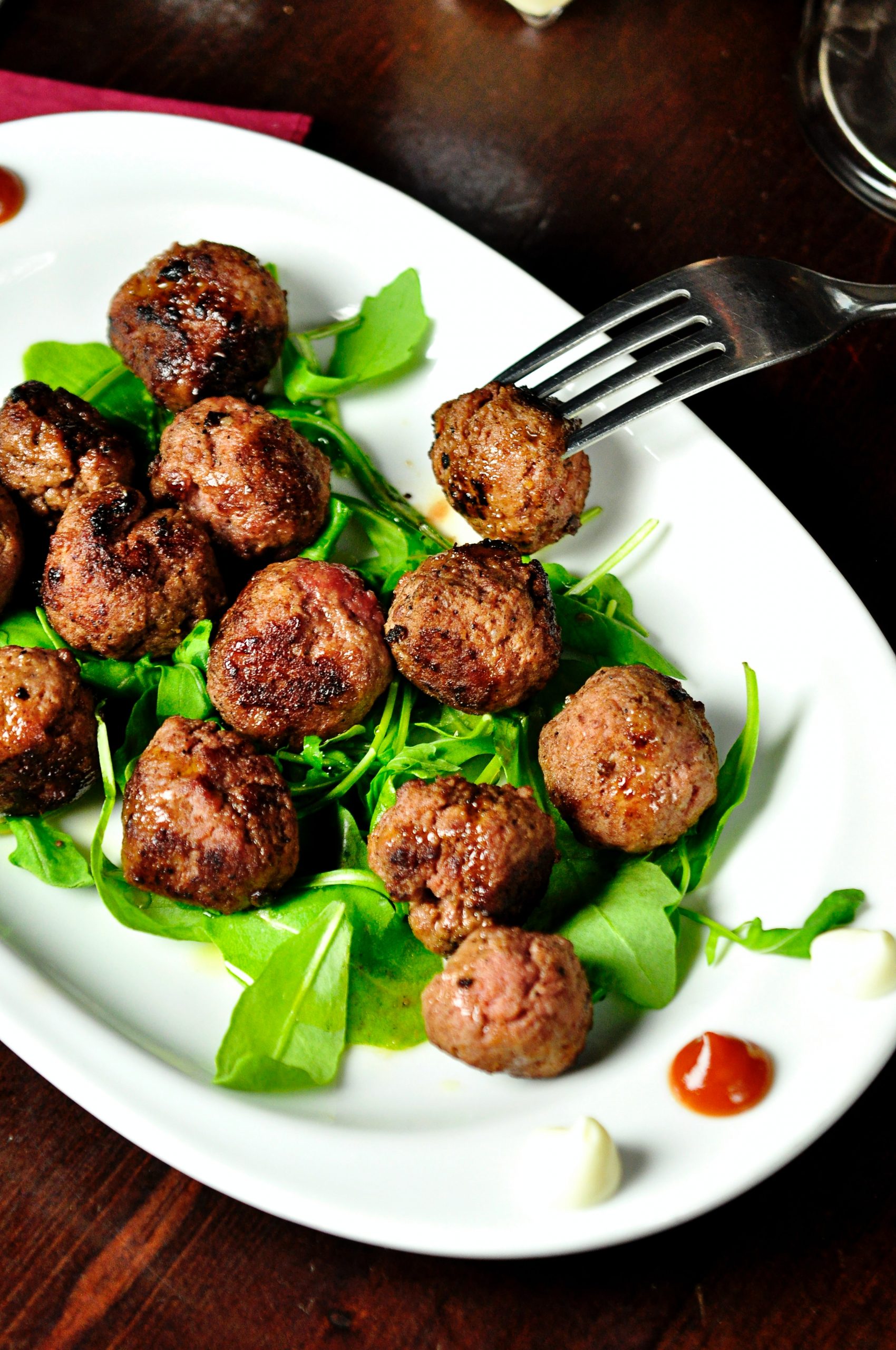
Social Media and Body Image
Many of us are striving to improve our looks, health, fitness and body composition. We want to be slimmer, sexier, and more attractive then ever before. When done in a healthy way and for the right reasons, these pursuits can help build more self-confidence, develop better overall wellbeing and lead to more satisfaction and happiness. However, when done in the wrong way, or for the wrong reasons, this can lead to the development of self-esteem and confidence issues, eating disorders and mental health problems.
The online images and advertising materials we are exposed to play a large role in influencing how we feel about ourselves. We often turn to social media for inspiration and ideas about food and lifestyle habits. While this can certainly be a good thing, consistently seeing idealised lives and super fit bodies can blur our reality and can lead to us developing a sense of dissatisfaction in ourselves. This is especially true when we compare our lives to people who have a team of professionals looking after what they eat in the day, how they train in the gym and how glamorous their photos and videos look.
Let’s be real for a moment, most of us aren’t perfect, but the imperfections that we have are what make us unique, interesting and in many ways, more beautiful. It is completely normal to feel self-conscious from time to time, especially when trying new things or going through different stages of life. However, many of the health, fitness and beauty companies on social media play on this self-consciousness as a way to get you to buy their products. This marketing model works incredibly well, but unfortunately it has also led to an increase in rates of depression and body dysmorphia, particularly in teenage girls and young men. This had led to a host of other issues occurring, such as an increase in eating disorders, substance abuse, unnecessary plastic surgery and overtraining.
Nine times out of ten, the models used by health and beauty companies look very different to their promotional images and videos. Also, the diet plans and nutritional advice provided by fitness influencers are often not based on sound scientific evidence and can be severely lacking in key nutrients and potentially encourage eating disorders. With that being said, there are some companies making the move to be more body positive. An example of this is posting unedited photos of models alongside the more edited and stylised versions. This provides some clarity around what is real and what is edited, and it does seem to have more of a positive impact.
Most likely, there will always be a huge amount of highly edited images and false information being churned out every day on the different social media platforms. This can make it hard to know what is helpful for our overall health and perception of body image and what will harm it. Thankfully, there are several things we can do to make this easier.
Take a break
One of the best things we can all do is take a break from social media from time to time. This allows us to see the unedited, non-glamourised versions of other people and ourselves in the real world, not just the personas we portray online. Obviously, this isn’t always easy, especially if your work or social life relies heavily on social media, but if your time online is causing you to feel down, spending some time away from the screen (where possible) can give you a different and hopefully more positive perspective on life and how you look.
Block unhelpful content and follow more body positive sources
Another step is to unfollow and block accounts and groups that consistently upload highly edited content. Alongside this, follow and join groups that post more realistic content and whose nutrition and health advice is more evidence based. This should work towards reducing body dissatisfaction and give you useful information that can help promote better overall health.
Get professional help
Finally, seeking the help of a professional, whether that be a psychologist for behavioural changes, a nutritionist for an evidence-based dietary plan, or an exercise professional for a clear cut and effective training programme can be extremely effective towards nurturing your self confidence and making healthy changes to your body (if that is what you truly desire).
Takeaway
Social media is not all bad. The motivation it inspires can help to make some truly positive changes in our lives. Issues arise when we are constantly exposed to highly edited, and stylised content to leads us to believe we not good enough as we are. By working to keep ourselves grounded, taking breaks from being online and seeking professional help if needed can go a long way to guarding our mental health and developing a better perception of our own bodies.
References
- Cleveland Clinic. How Social Media Can Harm Your Body Image [Internet]. [place unknown]: Cleveland Clinic; 2023 [published 2023 Jul 21, cited 2023 Nov 11] available at https://health.clevelandclinic.org/social-media-and-body-image/
- Rounsefell K, Gibson S, McLean S, Blair M, Molenaar A, Brennan L, et al. Social media, body image and food choices in healthy young adults: A mixed methods systematic review. Nutr Diet. 2020;77(1):19-40.
- Vandenbosch L, Fardouly J, Tiggemann M. Social media and body image: Recent trends and future directions. Current Opinion in Psychology. 2022;45:101289.



